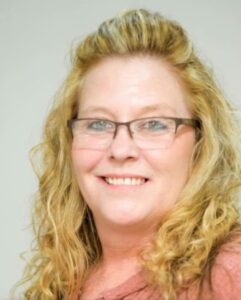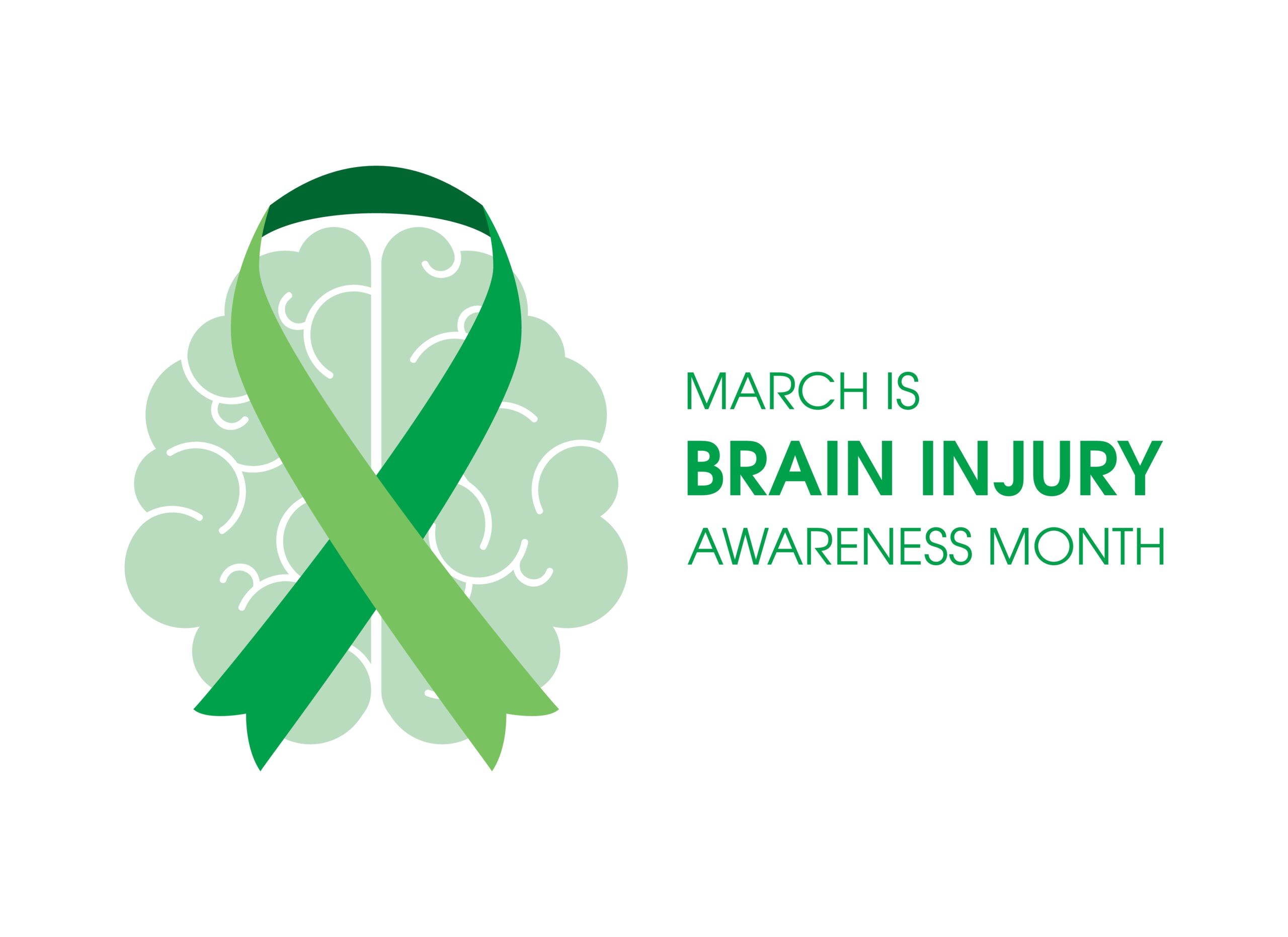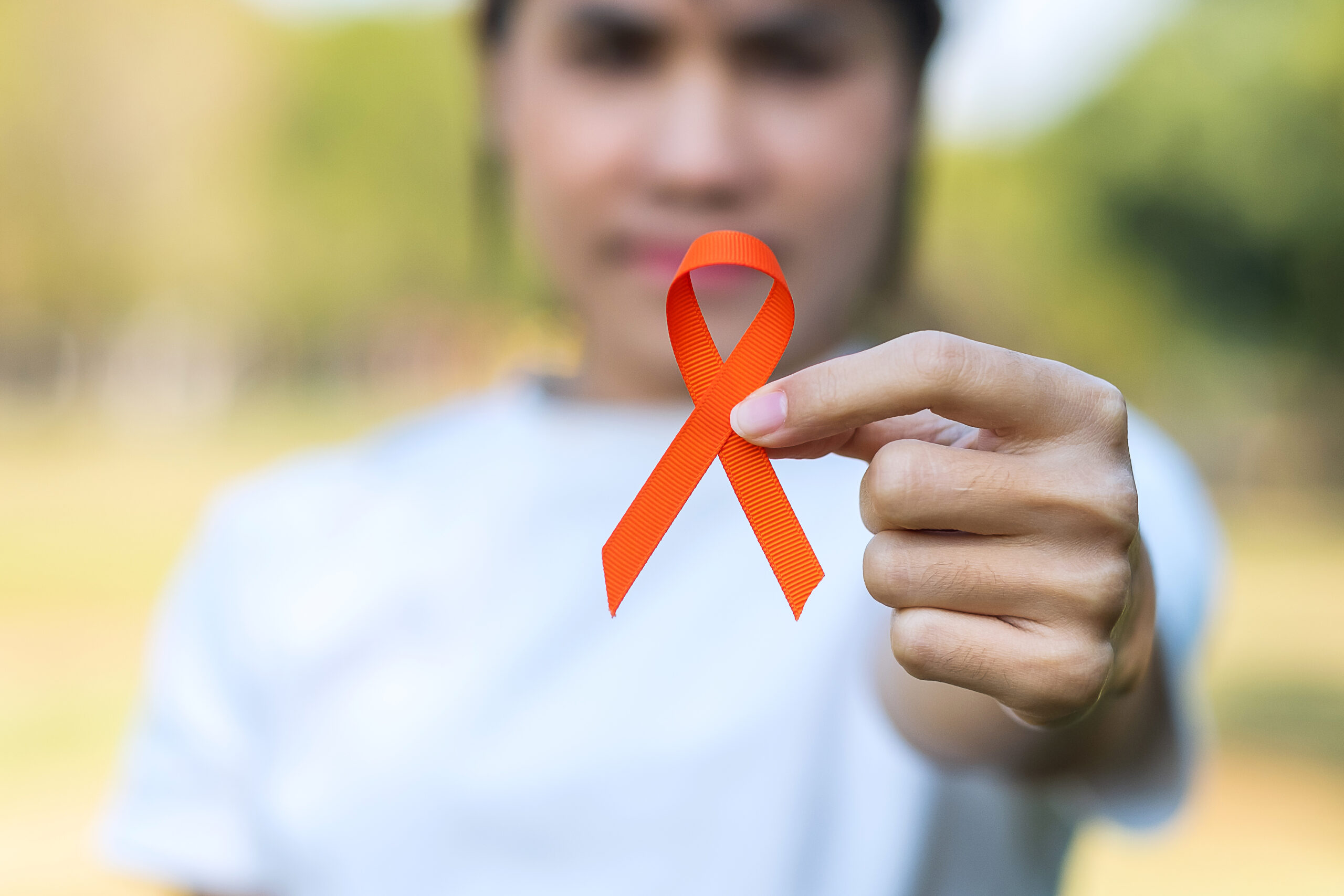Peer support specialists: Going beyond the call of duty
“I came to the trap house to die,” he said.
When she heard those words, Tracy Effler worried he would fulfill his plan before the night was over. As a Vaya care management peer support specialist, she never experienced anyone being so raw with her before. She immediately yanked open the car door and climbed in to comfort the member and his wife.

“That’s just my heart and the passion I have for wanting to help people,” said Tracy. “I couldn’t believe what was coming out of his mouth. He was giving up.”
She was supposed to be at home after a long day’s work. However, a friend contacted her, not knowing the couple had spoken with Tracy throughout the day as well. The friend was going to check on the couple and was afraid to go alone. When Tracy met her there, the couple was sitting in the backseat of her car. It was 36 degrees outside and only getting colder as the night progressed.
Bridging gaps
“I had been trying to help them all day, and I was afraid for them for the night,” said Tracy.
The couple’s children had been taken from them by the Department of Social Services. Their belongings had been stolen. And they were staying under a bridge with their dog as their only possession. They had traveled from another county to try and get their children back. When that couldn’t happen, they lost hope. The trap house was just a short walk away.
“Tracy is exactly where she is supposed to be and doing what she is meant to do in this world,” said Courtney Stiles, MHSU care management manager at Vaya. “She used her knowledge and professional experience to try to connect these two individuals with resources and supports in a moment of crisis.”
Unfortunately, no resources were available. Even mobile crisis had a waiting list and couldn’t get anyone out there to speak with them that day. Although Tracy told the couple the best option was to walk to the nearby emergency room, they decided to spend the night under the bridge instead.
All Tracy and the friend could do was support them until they were ready and able to get help. When she arrived to meet them, Tracy brought blankets, sandwiches, and even food for the dog. But what she really provided were words of encouragement and compassion – giving them hope in what felt like a hopeless situation. It’s what she does best.
The couple made it through the night and found a ride back to a family member’s house the next morning. Now they have a safe place to stay and access to resources they need to begin the steps to recovery and get their children back.
Peers make a difference
Peer support specialists understand what the other person is going through in their recovery journey. They meet them halfway, support them, and show that recovery is possible. Sometimes, it’s just being there for the other person. Tracy often finds herself taking walks with members or transporting them to doctor’s appointments.
What is a peer support specialist (PSS)?
Peer support specialists are individuals living in recovery from mental health and/or substance use disorders who use their lived experience to help others on their journey.
“We just want them to know that they’re not alone,” said Tracy.
Peer support certification
Tracy was the first PSS hired at Vaya ten years ago. Though she already had her peer support certification, Vaya offers peer support specialist training. This 40-hour course covers the prerequisites for the North Carolina Certified Peer Support Specialist Program. Training dates and locations are available on Vaya’s Calendar of Events.
One peer can do so much
Having peer supports within the Care Management Department provides such value and insight to the team. Because of their shared experience, PSSs can connect with members in a way that other professionals can’t.
“I have seen Tracy utilize her professional knowledge to go above and beyond to serve our Vaya members,” said Courtney. “She’s also a resource for other community members beyond her assigned job duties and outside of working hours.”
Courtney’s not the only one that feels this way. A member that Tracy worked with in the past continues to praise her. When the member was moved from Tracy’s caseload, Tracy talked to her on the phone to make her aware of the change and provide encouragement for her to continue in her recovery. The member credits that conversation as the biggest reason she’s still progressing. She needed to hear that someone had faith and trust in her abilities.
“We want them well,” said Tracy. “We’ll do anything we can to make sure they get that way.”


